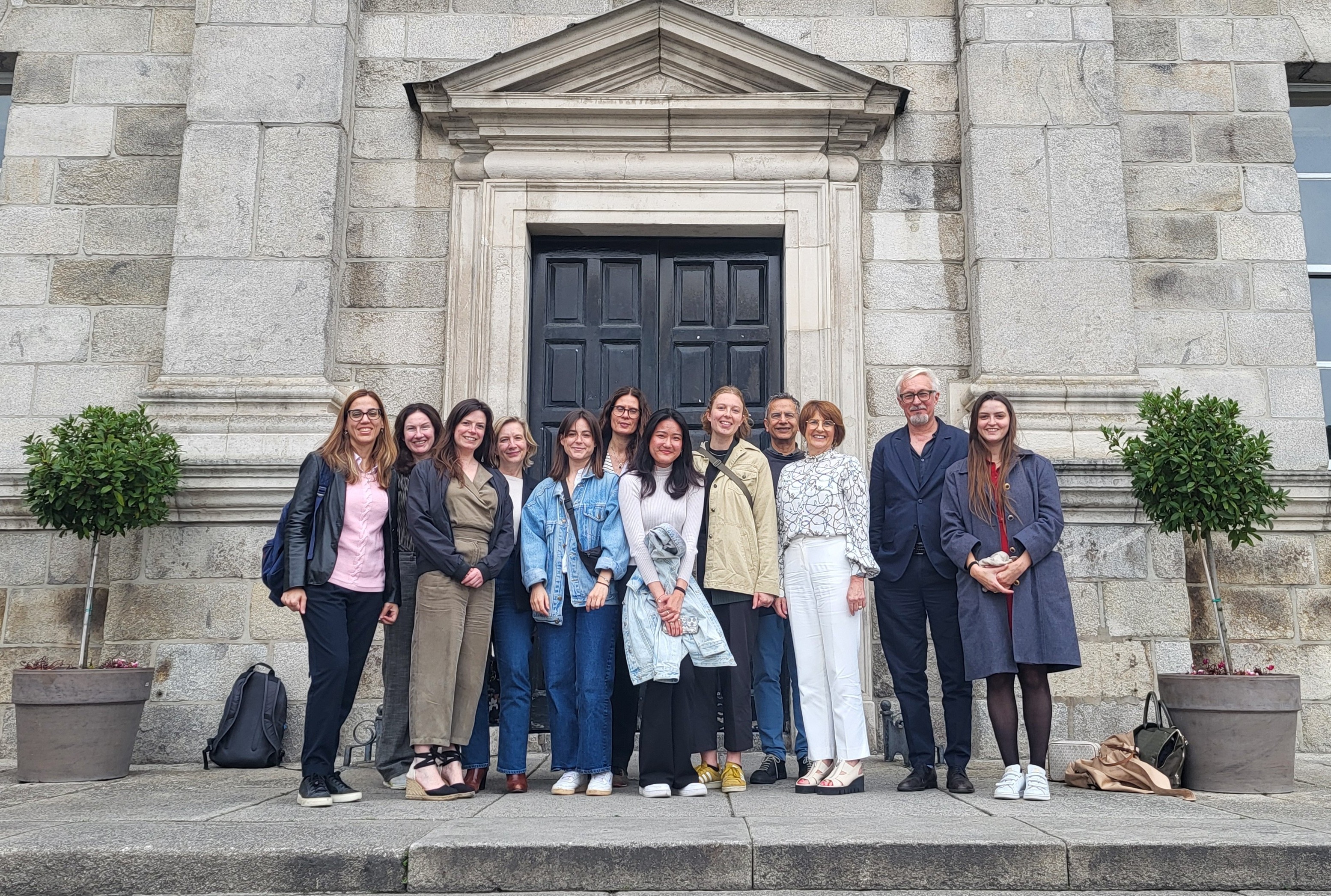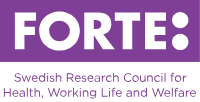May TCAID: In Focus - Advancing Alzheimer's Research for Individuals with Down Syndrome: Insights from the Horizon 21 Consortium Meeting in Dublin

Last month, Prof. Mary McCarron, Professor of Ageing and Intellectual Disability, Dr. Eimear McGlinchey, Assistant Professor in Intellectual Disability, and Miriam Fitzpatrick, Research Administrator to the MINDS project of TCAID, were delighted to host the Horizon 21 consortium, a research group that aims to identify and prevent the factors influencing the development of Alzheimer’s Disease in people with Down Syndrome. The group meets regularly online and in person throughout the year and on this occasion was attended by Prof. Andre Strydom (UK), Prof. Shahid Zaman (UK), Phoebe Ivain (UK), Sarah Khoo (UK), Dr. Anne-Sophie Rebillat (France), Diane Martet (France), Dr. Bessy Benejam (Spain), Dr. Eleni Baldimtsi (Greece), Lisa Engberg (Sweden), and Katja Sandkühler (Germany). The group was also joined by Prof. Mark Mapstone (University of California, Irvine) who gave an overview of his project Alzheimer Biomarker Consortium: Down Syndrome (ABC-DS), a study of adults with Down syndrome to detect early biomarkers of Alzheimer’s Disease.
Due to enormous improvements in healthcare and medicine over the past decades, people with an intellectual disability can now enjoy longer lives, with the average life expectancy currently at 60 years of age in developed countries. Such remarkable progress means greater opportunities for research into healthy ageing, which benefits people with intellectual disabilities themselves, their families and caregivers.
One of the research findings that has emerged is a higher prevalence of dementia among people with an intellectual disability and an earlier age of onset compared to the general population. In particular, Alzheimer’s Disease – a form of dementia - is related to Trisomy 21 in Down syndrome. This is because chromosome 21 involves an increased accumulation of the amyloid beta (Aβ) peptide in the brain. However, it is important to note that not everyone with Down syndrome will progress to develop dementia, which is why it is critical to detect preventative factors.
Until recently, dementia research focused mainly on the general population, as diagnosing dementia for someone with Down syndrome requires appropriate evaluation tools and a specialised team. Along with identifying and preventing factors contributing to the onset of Alzheimer’s in people with Down Syndrome, Horizon 21 also aims to develop cognitive assessment tools and biomarkers.
During the two-day meeting, the group provided updates on current trials, and also discussed how non-pharmacological interventions to prevent dementia in people with Down syndrome could be carried out. These would include modifications to exercise, diet, sleep, social connectedness and management of cardiovascular issues. Careful consideration was also given to factors that might impede participation, such as: time, transport, support from caregivers or family members, participating alone or in a group, using computerised platforms and using apps or online sessions. People with Down syndrome may also have a different cardiovascular risk profile, diabetes or thyroid disease, a higher BMI at a younger age, differences in lipids processing pathways and hypertension – which would mean adapting previous studies on the general population for people with Down syndrome.
After many thought-provoking exchanges, and a chance for some Horizon 21 members to enjoy a quick glimpse of Dublin, the meeting concluded with an agreement to reconvene in October 2024.


